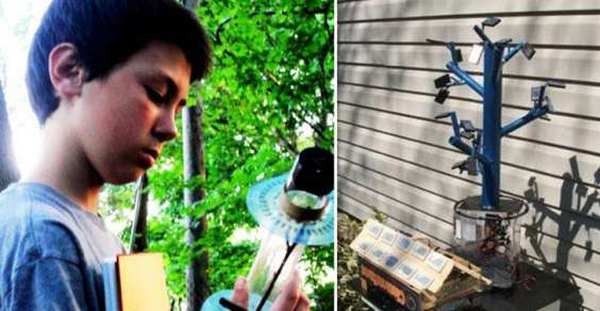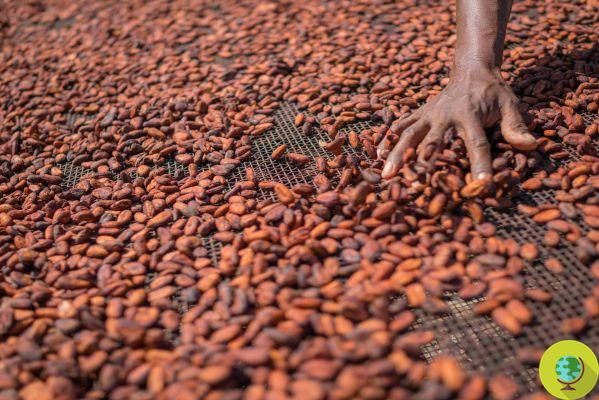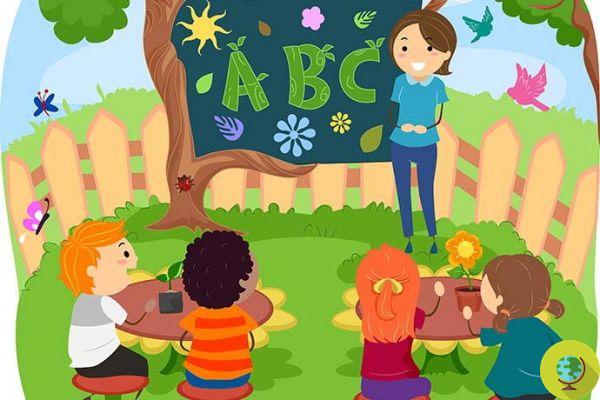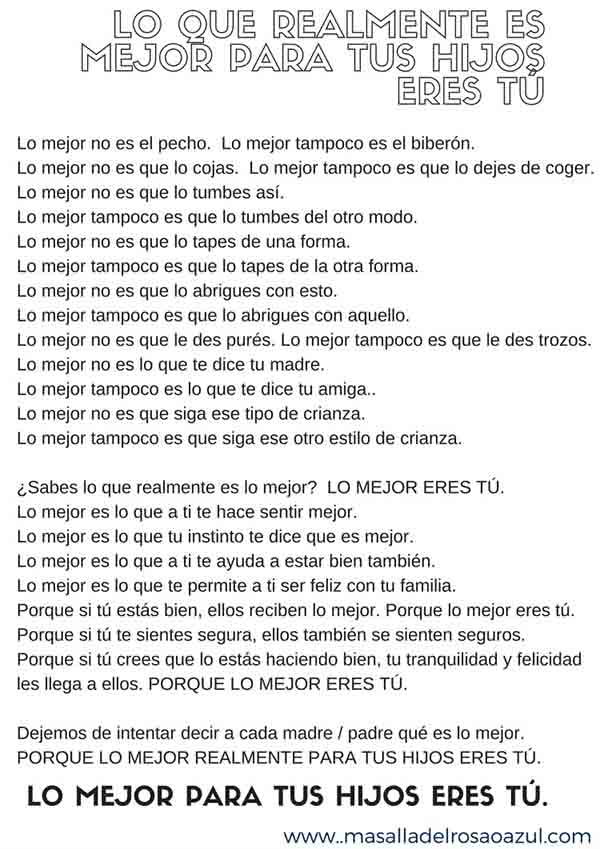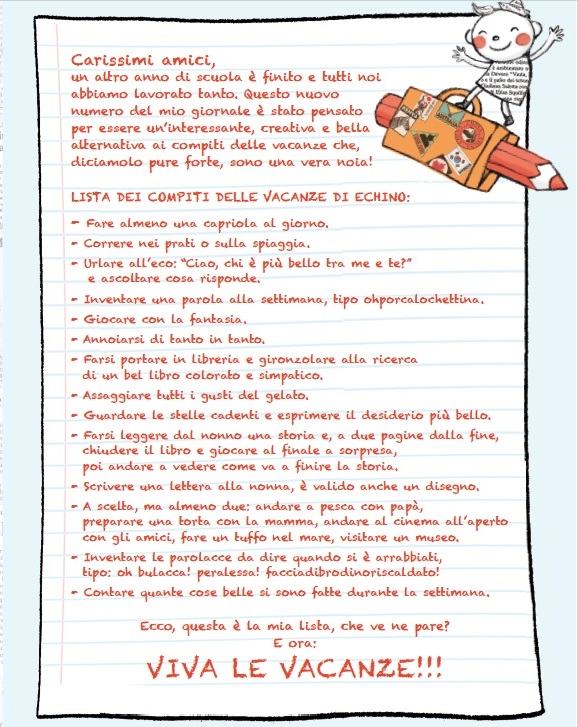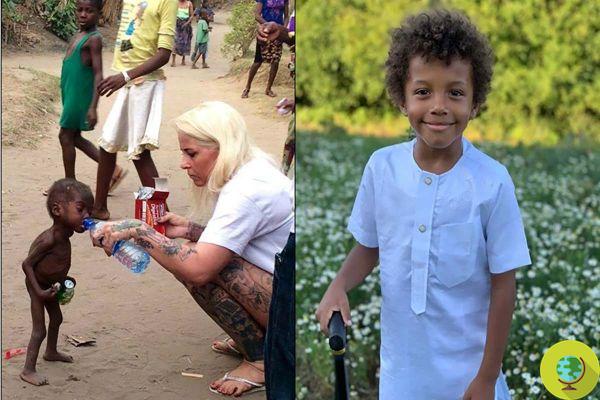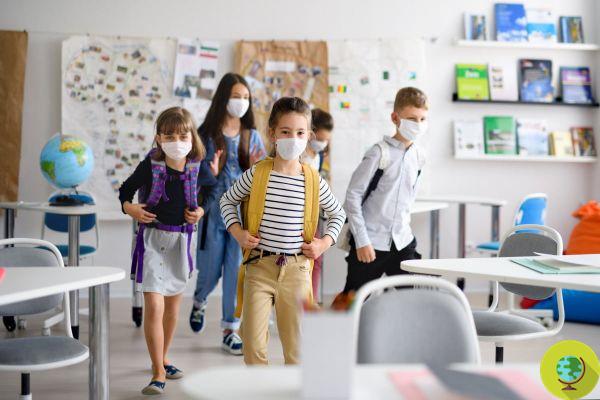
In addition to urgent actions to stop climate change, Chile aims to train more aware citizens in schools.
Don't store avocado like this: it's dangerousIn addition to the urgent actions to be taken to stop climate change, Chile aims to train more aware citizens and does so in the school desks
Chile continues to take steps towards sustainability. After the stop to single-use plastic and the return to returnable vacuum, the Chamber of Deputies approved the project with which it asks the President of the Republic to instruct the Minister of Education to generate actions that allow the population to be educated on the climate crisis, food and animal welfare, incorporating these themes into the school curriculum.
The "yes" to the project was made possible thanks to 122 votes in favor and only 3 abstentions. The aim of including these issues as the basis of the educational project is to inform, educate and sensitize future citizens, from an early age, on the environmental impact of our choices and to help form communities that are more aware, responsible and committed to the environment. .
The climate crisis in Chile
Climate change is an evident phenomenon in Chile. According to art. 4.8 of the United Nations Framework Convention on Climate Change, the South American country is considered highly vulnerable to the effects of the environmental crisis as it has low coastal areas, arid, semi-arid and forest areas, susceptibility to natural disasters, areas subject to drought and desertification, urban areas with problems of atmospheric pollution and mountainous ecosystems such as the Andes and the Cordillera della Costa.
Furthermore, according to a report by the Fundación Vegetarianos Hoy - the non-profit organization that promoted the project - numerous studies have revealed the relationship between the livestock industry and climate change. Indeed, this sector contributes significantly to total human emissions of greenhouse gases.
Food policies and animal welfare
What is even more surprising is that the proposal highlights the importance of including food policies and animal welfare to achieve the objectives. Eating well and healthy, with a balanced diet, without exploiting and making animals suffer is closely linked to the health and well-being of humans and animals and to the sustainability of socio-economic and environmental systems.
We remain positive for the approval of this joint project with the Fundación Vegetarianos Hoy. Now we wait and ask for it to be accepted by the Government, because after the IPCC report released by the UN, today more than ever it is urgent to strongly emphasize and raise awareness on the reality and gravity of climate change; and the logical thing to do is to insist on concrete actions today, but also on the training and education of the new generations of students, who are a great engine of social change on this issue ”, said the Chilean deputy Daniella Cicardini.
What could happen shortly on Chilean school benches will be a real revolution. We look forward to the response from President Piñera.
Follow us on Telegram | Instagram | Facebook | TikTok | Youtube
FONTE: Chilean Chamber of Deputies / Vegetarians Today
READ also:
- In Chile, stop to single-use plastics, unanimously approved the ambitious and historic law banning disposable and polystyrene
- Climate change is child's play and enters schools with Climate Science
- Chile wants to increase the punishment for those who mistreat animals. You will face up to 10 years in prison
- Who will teach environmental education in schools? Teachers trained by ENI. The indignation of teachers and associations




